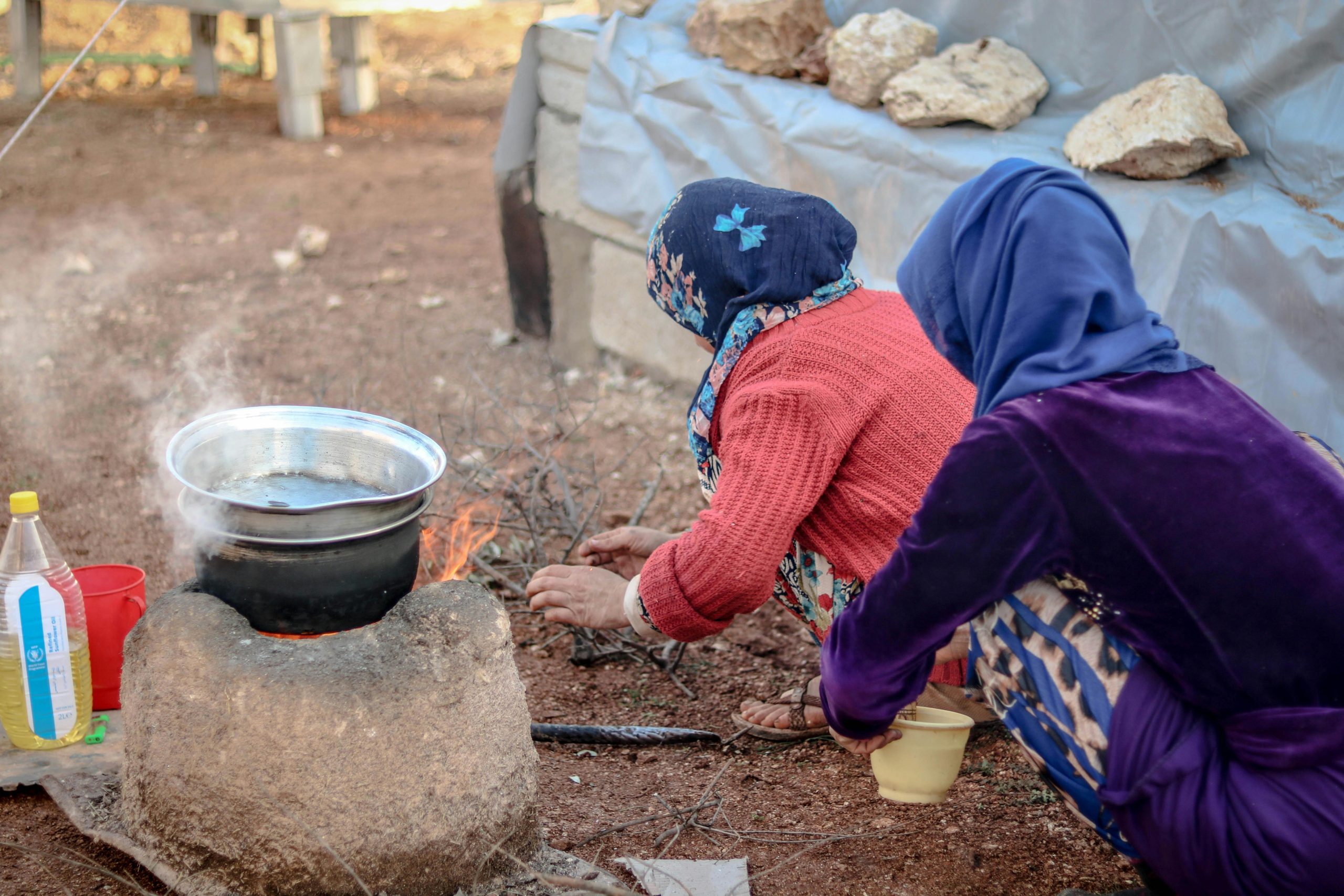Exploring the Need for a Middle Ground in Local Assistance
In recent years, the landscape of gig economy platforms has transformed dramatically with the emergence of ride-sharing services and freelance marketplaces. However, there remains a significant gap in the market for everyday tasks that fall between the casual offerings of platforms like Fiverr and the urgent needs addressed in Facebook groups.
This question has been on my mind as I delve into developing a solution that caters to immediate, small-scale assistance within local communities. Recently, I conducted a crowdfunding test that garnered over €6,000 in support without any paid advertising. This early success reaffirmed my belief that there is a genuine demand for a platform where individuals can easily request or offer micro-help in their vicinity—without the complexity that often accompanies larger platforms.
Is there potential in the realm of real-time local assistance that has yet to be fully explored? Or is the current marketplace simply too fragmented for a unified solution to thrive?
I am eager to hear your thoughts on this topic. Have you come across any models that attempt to address this need? Your insights could pave the way for innovative ideas in fostering community support.










One Comment
This is a compelling exploration of a nuanced gap in the current gig and community support landscape. The idea of bridging the immediacy and simplicity of local help with a structured platform could truly enhance neighborhood resilience and social cohesion. One potential avenue is leveraging existing hyperlocal social networks or integrating features such as instant messaging and geo-location to facilitate quick matchings—think of a “next-door” service but tailored specifically for small, serendipitous tasks.
Additionally, exploring models like neighborhood currencies or time-banking systems might create sustainable incentives for ongoing participation. Platforms such as Nextdoor or even localized versions of task-based apps have made some strides, but a dedicated, real-time micro-help platform could fill a distinct niche, especially if designed with user trust and safety as priorities.
Research into community-led crime watch programs or local volunteer initiatives could also provide valuable insights into building trust mechanisms within such platforms. Given your early crowdfunding success, there’s promising evidence of demand—now, success will hinge on cultivating a trusted, easy-to-use interface that nurtures community reciprocity. Looking forward to seeing how this idea develops!